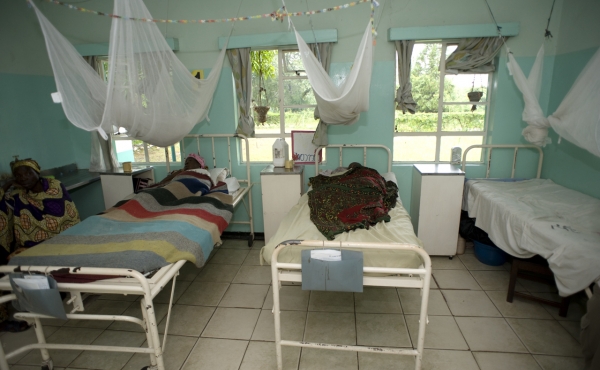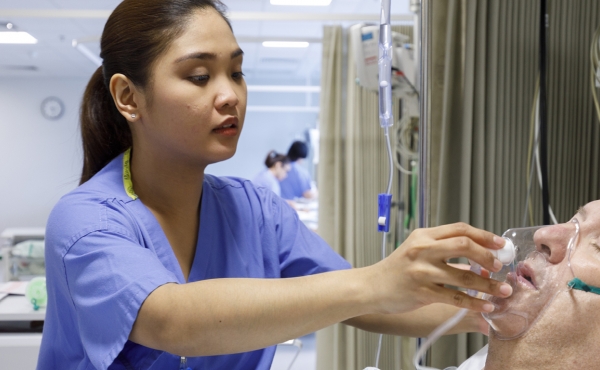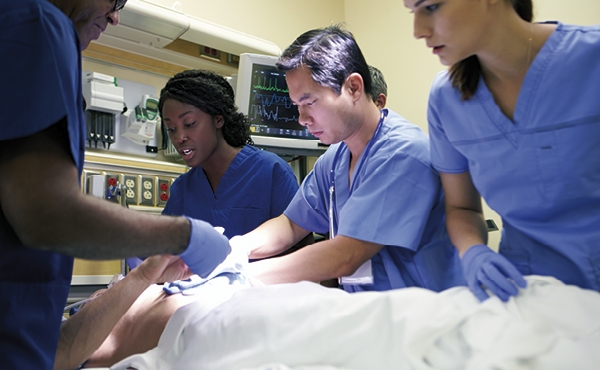Global Partnerships
Global Partnerships
Approximately 17 million people die each year from conditions that require surgical care - most in low and middle income countries.
Our Global Partnerships Strategy aims to offer our expertise to partner institutions to assist and co-create projects to improve access to safe and timely anaesthetic care.
We are committed to forging and nurturing relationships with doctors and institutions from other countries. This is why we are working in partnership with health education providers both in the UK and internationally to develop high quality anaesthetic training and standards for doctors and non-physician anaesthetists. We believe that it is important that relationships are two-way – while our expertise can benefit our colleagues based internationally, we recognise that learning is bi-directional, and there is a lot that we can learn from our colleagues in different environments.
The Lancet Commission report into Global Surgery, published in 2015, highlighted the significant unmet surgical and anaesthetic need across the world, particularly in Low and Middle Income Countries. The report says that in addition to the 313 million surgical procedures undertaken each year, it is estimated that an additional 143 surgical procedures are required per year. When factoring in differences in geographical location, it is estimated that 67 per cent of the world’s population has unmet surgical need.
Working with local organisations and institutions will strengthen international healthcare systems. This ensures the long-term stability of these systems and increases patient access to safe anaesthetic and surgical services.
We are also increasing our support and engagement with our international members and developing an international network, through which information and learning can be shared across borders and continents.
Simulation Courses for doctors new to the NHSTo find out more please click here |
Remarkable gains have been made in global health in the past 25 years, but progress has not been uniform. Mortality and morbidity from common conditions needing surgery have grown in the world’s poorest regions, both in real terms and relative to other health gains. At the same time, development of safe, essential, life-saving surgical and anaesthesia care in low-income and middle-income countries has stagnated or regressed.
Our work
Working in Low and Middle Income Countries
IMGs working or training in the UK
Our global projects
If you have any queries or require further information please contact us via global@rcoa.ac.uk or call us on +44 (0)207 092 1559



